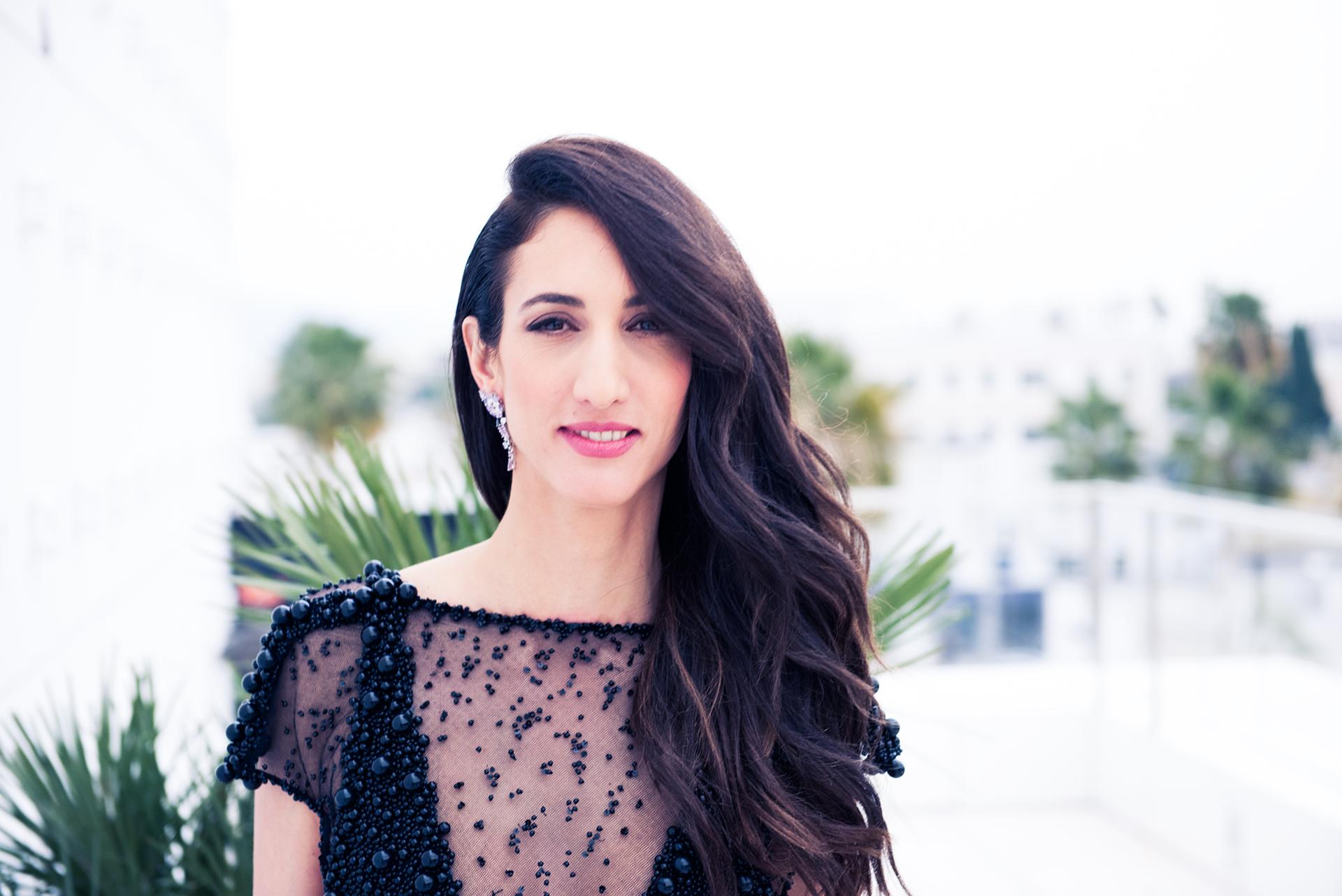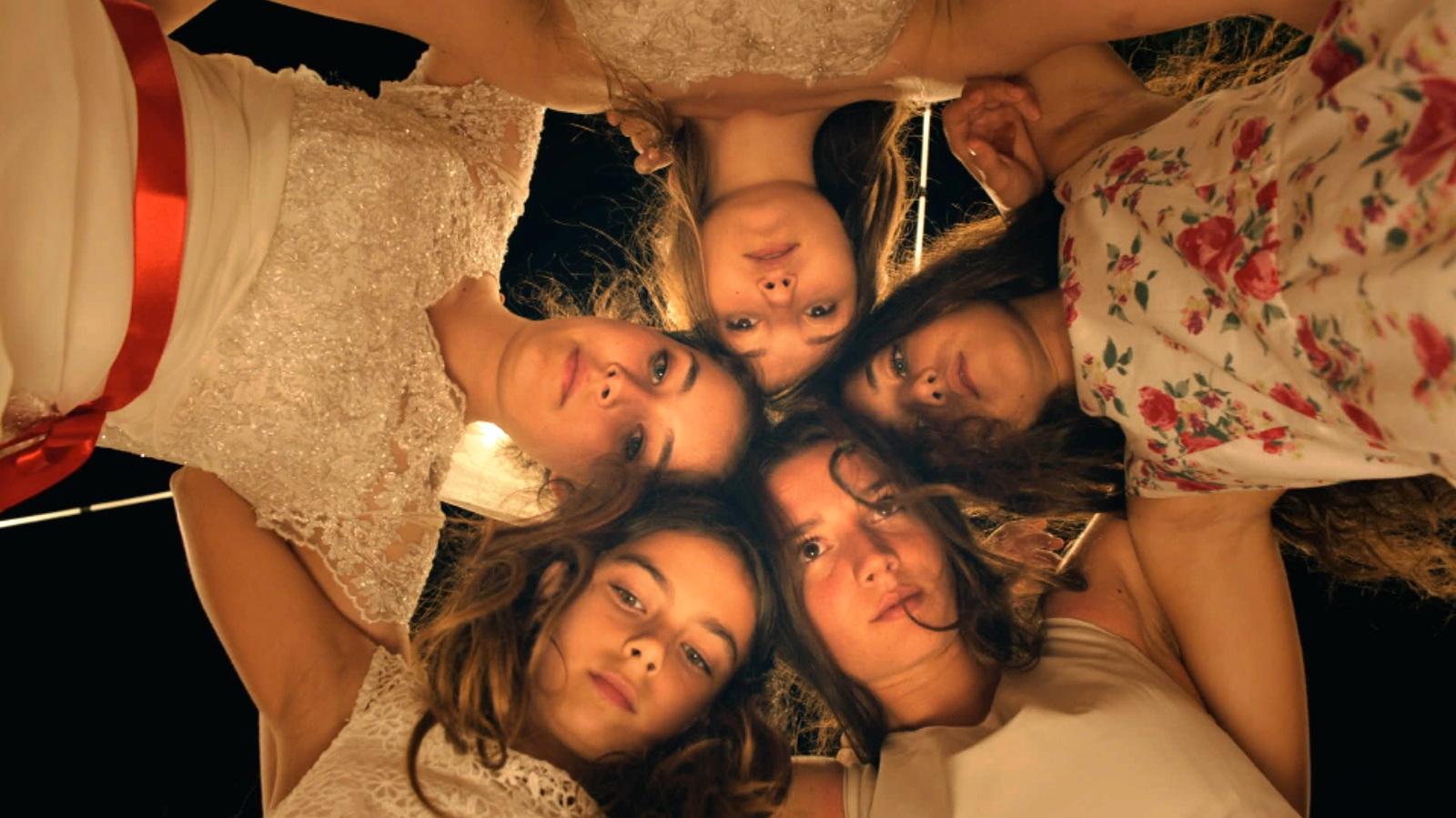Tugba Sunguroglu, Ilayda Akdogan, Doga Zeynep Doguslu, Elit Iscan, and Gunes Sensoy in Mustang.
Deniz Gamze Ergüven didn’t have to reach far when she was directing the opening scene of "Mustang," the Oscar-nominated Franco-Turkish film about five sisters growing up in northern Turkey.
The girls are shown splashing in the ocean with a group of boys. It’s an innocent bit of fun, but a passing neighbor sees it differently, and reports them to their family for “illicit” activity. The moment is a turning point — the girl’s caretakers respond by taking away their cell phones and computers and subjecting them to hours of lessons.
They are essentially imprisoned in their home and set on a fast track for arranged marriages.
It’s the kind of story that Ergüven, who was born in Turkey but grew up in France, knew well.
“That’s a scene that I lived,” she says. “One of the many, many anecdotes that I had which said the same thing, which is that we’ve reached a turning point and from that moment on, it’s finished. You, as a girl, are perceived as sexual.”
oembed://https%3A//www.youtube.com/watch%3Fv%3DrU9JAN8LtIk
Part of the what makes Mustang relevant is that it touches on many of the flashpoints within Turkish society that are simultaneously acute and particular to that country, but also universal and transnational. The larger narratives, like more secular-minded youth butting heads with their religiously conservative families, or the allure of the cosmopolitan city (Istanbul) for women “stuck” in a more traditional rural setting, could be familiar anywhere.
In Turkey, Ergüven sees gender politics as key to understanding these schisms.
“Today the politics of the country are worrying me more than a little bit. The problems of Turkey go way beyond questions of gender, but it’s true that one of the big debates or even arm wrestling, which is taking place in Turkey is about a choice of societies,” she says. “It’s very much articulated over the place of women. The question of women is extremely central."
Ergüven believes that part of what drew her to the “question of women” in Mustang was her own bi-cultural upbringing.
“It’s also because I’ve been going back and forth that I zoomed in and out of the experience of being a women in Turkey. … It made me articulate something which would have been too familiar to point [out] if I had spent all my life there.”
The situations encountered by the girls in the film are all too realistic. In one scene, one of the sisters, Selma, is being married off, and her in-laws send her to the hospital in her wedding dress so a doctor can give her a virginity test. In her research, Ergüven discovered that the practice was not uncommon in parts of the country.
“The doctor who told me that story told me he sees it … 40-50 times a year,” she says. “At the same time in Istanbul, you have people that are freerer than free, and more modern than modern. Both extremes.”
And the reaction to her film in Turkey has fallen along the same fault lines.
“In Turkey, there was nothing in the middle. Either very, very positive reactions or extremely negative reactions, and now that the film has gained momentum abroad … people fight about the film on social media and the fight is becoming bigger and bigger.” she says.

So far, she has found the social debate over Mustang in Turkey to be predictable, but she hopes the film’s impact will be lasting.
"There was this woman who wrote something like, ‘I was so sick of seeing these girls, they are wiggling in front of the camera,’ and a man just answered to her, ‘If you just looked at them as children, you wouldn’t write something like that.’ The film sometimes doesn’t open the train of thoughts that you would hope it would, but maybe with time,” she says.
We want to hear your feedback so we can keep improving our website, theworld.org. Please fill out this quick survey and let us know your thoughts (your answers will be anonymous). Thanks for your time!
